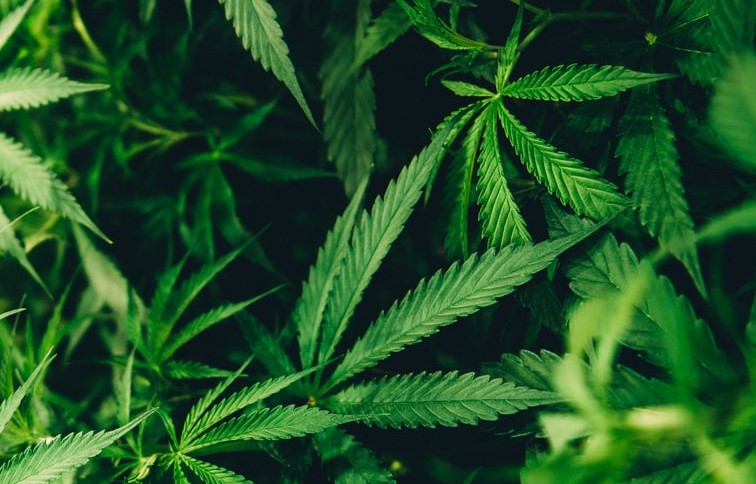Cannabis and CPGs: The Exciting (but Uncertain) New Market

Cannabis. Whether you support it or not, this crop is going to infiltrate the food and beverage industry in a huge way in the coming years. As of now, 11 states have legalized marijuana, with more states set to follow shortly. And the food and beverage industry is taking note of this trend. With dozens of companies already producing CBD and/or THC infused products, this new market segment is exploding.
But like many new trends in the food and beverage industry, the cannabis industry is facing a lot of obstacles. From legal complications, social stigma, and technological limitations –there are plenty of boundaries placed upon this booming industry, but brands are reacting swiftly.
War on Drugs
For over five decades, the cannabis industry has faced a lot of challenges. The 1970 Controlled Substances Act outlawed all forms of cannabis (including medical), and since then many states have enacted policies that counteracted this act making medical (and in some states, recreational) marijuana legal – but cannabis has remained largely criminalized. And now with the boom of products using CBD or THC oil, there is no governing body regulating its usage within CPGs. Companies have had to take it upon themselves to research and develop ways to implement these oils in a safe and self-regulated manner.
Socially, on the other hand, cannabis use has remained in the cultural zeitgeist. For a long time, the recreational use of cannabis was often hidden in secret. It existed but wasn’t widely discussed. However, with more states legalizing its usage, many consumers have spoken up about their interest in more products using hemp extracts – especially CBD products. In the past few years, CBD has become all the rage. From topical ointments to ingestible liquids, consumers have sparked a trend in this oil.
So with consumer demand for these products, but lack of governing support, companies have had to tread lightly when developing their products.
Tech Solutions
One of the other huge obstacles for food & beverage companies entering the cannabis market is developing oils that are scalable for commercial use. Recently, on our podcast Just a Taste, we spoke with Chief Science Officer of SōRSE Technology, Scott Riefler, who have developed technology to create water-soluble hemp oils for CPGs. He mentioned that the problem with just placing hemp oil in a product is that it can become too localized. The oil can separate from the other ingredients, and often has a bitter taste. SōRSE has emulsified hemp oil in order to make it water-soluble, which allows companies to evenly distribute it within a product and flavor the oil accordingly.
Technology such as this allows companies to have better control over a very powerful substance. This allows them to control the dosage, concentration, and flavor of their products, all while still appealing to consumer interests.
Controlled Experience
For cannabis-infused food and beverage products taste isn’t the only attribute that needs to be considered. When dealing with ingredients that elicit psychotropic effects, companies must be able to produce products that have similar outcomes each time. In our interview, Riefler explained that edibles notoriously affects individuals differently on a chemical level. Everyone’s body can process it differently. That’s why bioengineered water-soluble oils are important. He states that by creating hemp oils that have more reliable and consistent effects companies can start to manage consumer’s experiences and expectations.
To learn more about the use of cannabis oils in the food and beverage industry, listen to our podcast Just a Taste with Scott Riefler of SōRSE Technology, or visit them at sorsetech.com
